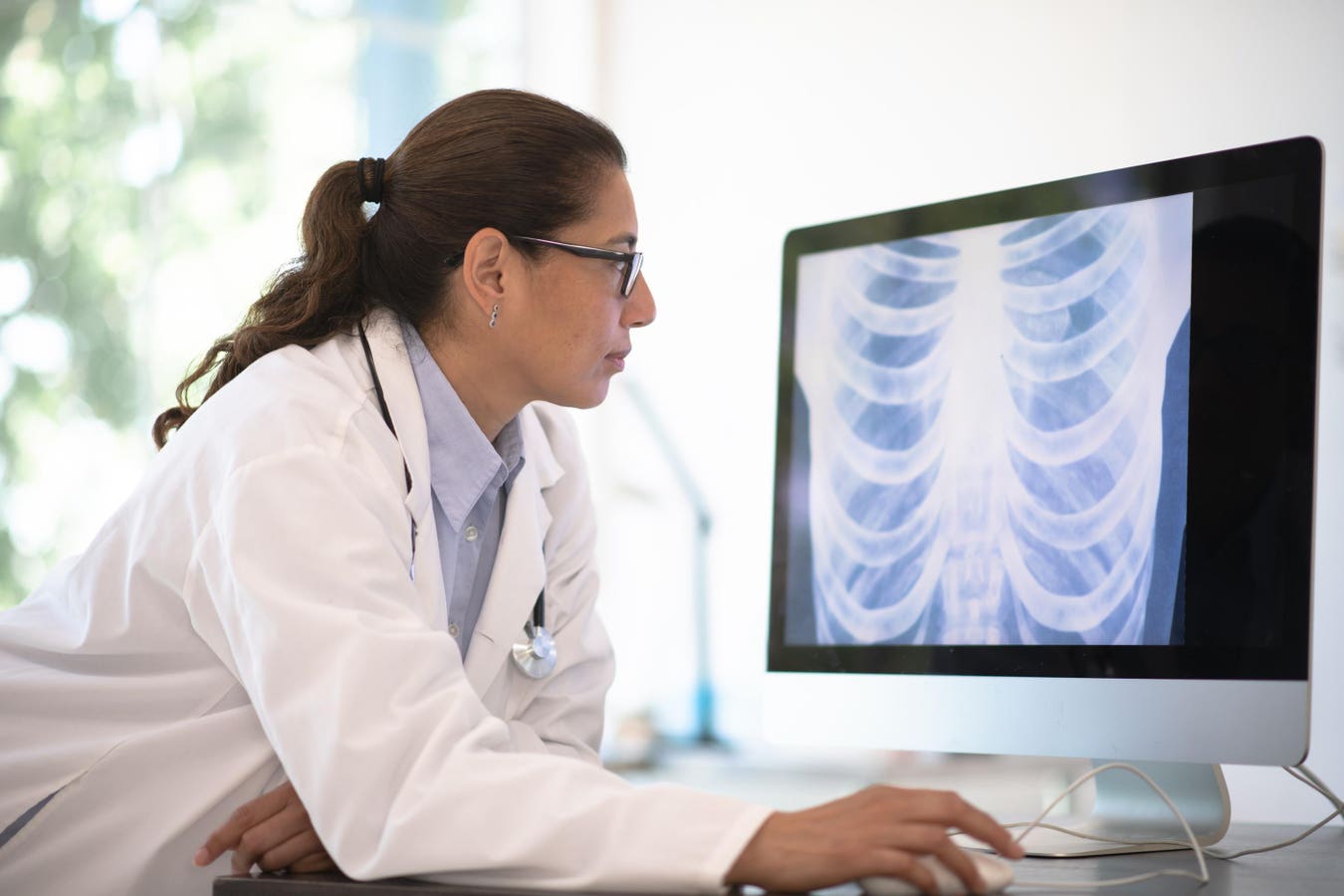The British government has announced a major new fund for artificial intelligence-powered diagnostic tools.
Public hospitals will be able to bid for a share of $26 million for AI products that can help detect problems like heart disease, cancer and strokes more efficiently.
Although chatbots and image generation might be more famous, AI is considered a highly promising technology in the healthcare industry. British ministers awarded $20 million for AI research in healthcare earlier this year as part of a multi-year competition.
Software that can help spot disease on radiological images has been available for some time and is a fast-growing product area.
In the U.K., it’s hoped that this kind of tech will help hospitals deal with major backlogs of care.
The country has been battling a shortage of radiologists for years, with areas like breast health particularly pressured. The situation has been exacerbated by the pandemic, which has seen waiting lists rise dramatically across the country’s healthcare system.
Investing in tools that reduce the burden of reporting scans for clinicians — without compromising safety or accuracy — should help hospitals get results out to patients more quickly, and speed up the start of treatment when necessary.
Lung cancer is a major focus for the country’s publicly-funded National Health Service (NHS), with early detection leading to much better patient outcomes.
Ministers hope that AI will be particularly helpful for its detection on X-rays, more than 600,000 of which are performed every month.
But this kind of software is not a magic bullet for the recovery of diagnostic services in the country. Numerous other factors, including the limited availability of scanners, slow down the process of diagnosis and treatment.
A report published this week by the King’s Fund think tank notes the U.K. lags behind many of its peers in terms of the sheer number of MRI and CT scanners available to hospitals.
The government has been investing in high-tech imaging devices in recent years. But, as the report authors state, “the UK has a lot of ground to make up” in terms of both the supply and condition of its equipment.
NHS national medical director, professor Stephen Powis, said in a statement that the public health system was already using AI to help “catch and treat major diseases earlier, as well as better managing waiting lists so patients can be seen quicker.”
The funding boost, he added, was “another example of how NHS is continuing its proud history of adopting the latest proven technology to deliver better care for patients, and better value for taxpayers.”
Dr Katharine Halliday, president of the Royal College of Radiologists said that it was critical for the country to “embrace innovation that could boost capacity.”
“All doctors want to give patients the best possible care,” she added. “This starts with a timely diagnosis, and crucially, catching disease at the earliest point. There is huge promise in AI, which could save clinicians time by maximising our efficiency, supporting our decision-making and helping identify and prioritise the most urgent cases.”
Commenting on the funding announcement, Rory Deighton from industry body NHS Confederation, said AI “has the potential to transform prevention and increase early detection, as well as treating diseases.”
But to use the technology effectively, the NHS would need to make sure “there is focus on collaboration between systems, transparency and appropriate data sharing across health, adult social care, and public health,” he added.
Read the full article here




